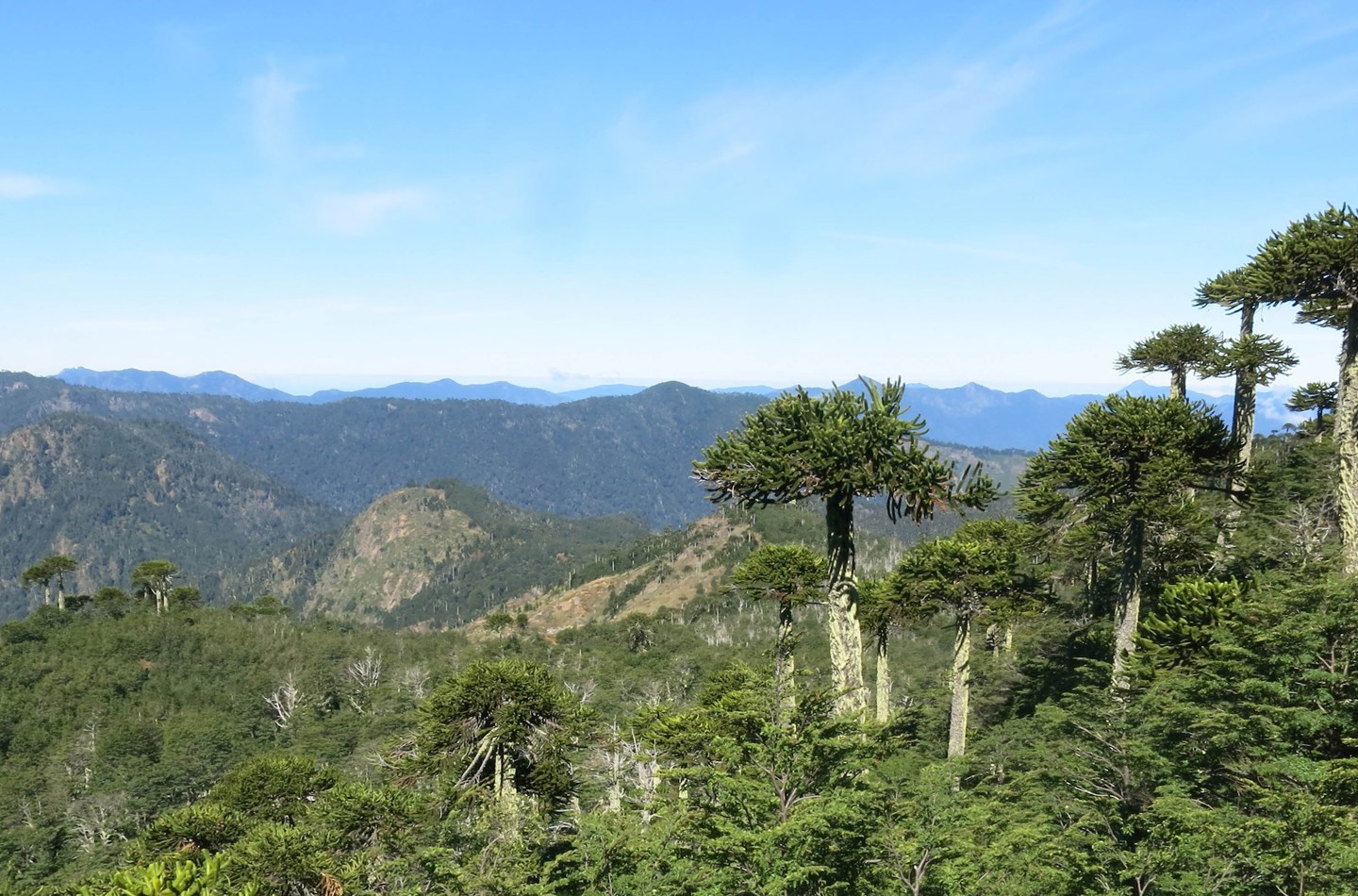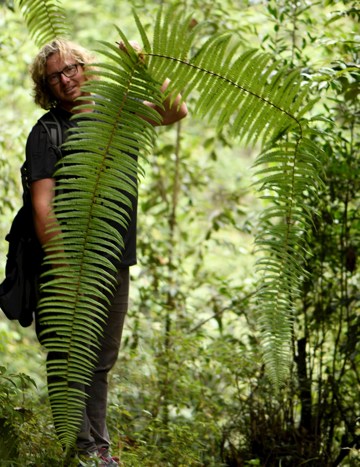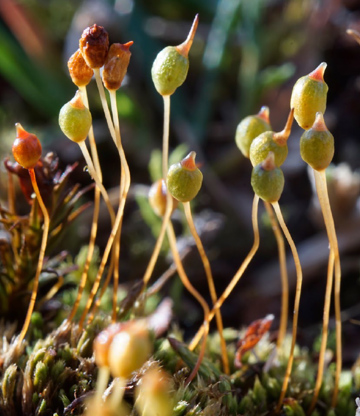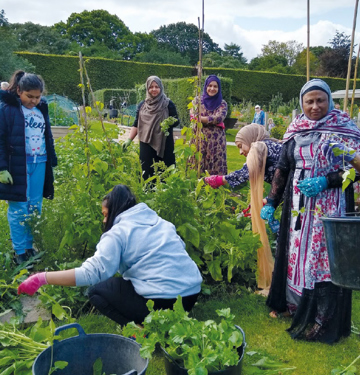
Our new Strategies launched
24 June 2021
-
Eleventh hour hope for the planet lies in botany without boundaries
Joint work, international collaboration and equity are key to addressing environmental sustainability in our time. That is the message from Royal Botanic Garden Edinburgh (RBGE), where against the backdrop of the global pandemic, scientists, horticulturists and educators are working as part of an international network to protect species from extinction, address the loss of biodiversity and enhance environmental sustainability.
Through global lockdown and working remotely with partners around the world, RBGE experts have continued their work in the race to understand and conserve biodiversity. In the last year alone RBGE has described 72 plant species new to science and collaborated on projects ranging from understanding the diversity of highly threatened dry forests of Peru to guide conservation planning, to working with local communities in Tanzania to support sustainable management of forests to support biodiversity and livelihoods.
The ultimate aim is to prevent further extinction of plants and fungi, upon which all known life depends. The new RBGE Strategy 2021-2026 Responding to the Biodiversity Crisis and Climate Emergency, outlines future plans for research, conservation and education at the Botanics. The focus is firmly on global collaboration to tackle biodiversity loss, promote sustainable development and provide opportunities to help solve the existential issues of our time. The institute-wide corporate strategy is supported by a dedicated Science and Biodiversity Strategy.
The scale of the challenges facing the planet are enormous, with vastly accelerated rates of environmental change and biodiversity loss. Giving her backing to the Strategy, Màiri McAllan, Scottish Government Minister for Environment, Biodiversity and Land Reform said: “Addressing the twin crises of biodiversity loss and climate change is the single greatest long term challenge of our time. This challenge must be addressed at multiple scales from communities to nations and continents. The Scottish Government is committed to playing our full part in responding to these global emergencies, not only for the people of Scotland but also for people across the planet and the generations to follow.
“As a world leader in a network of over 1,700 botanic gardens in 148 countries, the Royal Botanic Garden Edinburgh will play a vital role in our collective response. This strategy draws together the National Botanical Collection with innovative and impactful science, horticulture, education and public engagement, working in extensive national and international partnerships. It is realistically ambitious in its important contributions to achieving our National Outcomes, delivering the Environment Strategy for Scotland, and in furthering international progress towards transformational environmental change.”
Addressing these challenges requires partnerships, sharing of knowledge and resources, and ‘botanical diplomacy’. Regius Keeper Simon Milne explained: “The common purpose of botanical partnerships for biodiversity conservation transcends geo-political divisions, with collaboration enduring even when international relationships fracture.
“There are more than 1700 botanic gardens around the world. More are being planned and created in recognition of the critical role they play in unlocking the knowledge of plants and the conservation of the world’s plant capital - which sustains our health, wellbeing and economy. We are in an exciting new age of botanic gardens joining forces and working together, and this provides much needed hope for a greener future.”
Significant investment in botanic gardens is evident in Scotland. Earlier this year RBGE started the decant of the globally important collection of living plants from its Glasshouses to temporary homes for the first phase of the Edinburgh Biomes Programme to restore and replace the existing aging infrastructure. In the autumn, work will start on a state-of-the-art plant health centre, creating much needed facilities for researching and mitigating the burgeoning numbers of pathogens devastating plant species and habitats around the world.
RBGE is also prioritising work to play its part in creating a more just and equal society. Simon Milne explained: “Against the terrible background of racial injustice in society and the legacies of colonial history, we as an institute must do all we can to address inequalities. This involves ensuring that RBGE as an organisation delivers equality of opportunity as an employer, as a place to study and learn, and to visit and enjoy. It also involves transforming the cultural and scientific accessibility of the collections in our care which include three million preserved plant specimens from around the world in our Herbarium, and 13,598 living plant species in our four Gardens from over 160 countries. I consider it vital to increase the accessibility of these botanical collections to assist with botanical and horticultural research and education around the world, and to work with our international partners to support plant reintroductions and other conservation initiatives.”
Professor Peter Hollingsworth, RBGE Director of Science and Deputy Keeper concluded: “This decade presents our last chance to keep biodiversity loss and climate change impacts below catastrophic levels. The global pandemic has brought new emphasis on the independencies between human health and that of the environment, sustainable development and social justice. There is new awareness that action is urgent, and a collective response required.”
-

Image: Pine forest, Rothiemurchus Forest, Cairngorms © Mark Hamblin/scotlandbigpicture.com



Read our Strategies
Botanics Recommends
-
Explore our range of unique gifts and more. Every purchase supports the Garden.
-
Explore our unique venues, suitable for every occasion
-
Discover a range of books inspired by the RBGE's work and collections
-
Cultivate your curiosity with our programme of courses for all ages and interests.